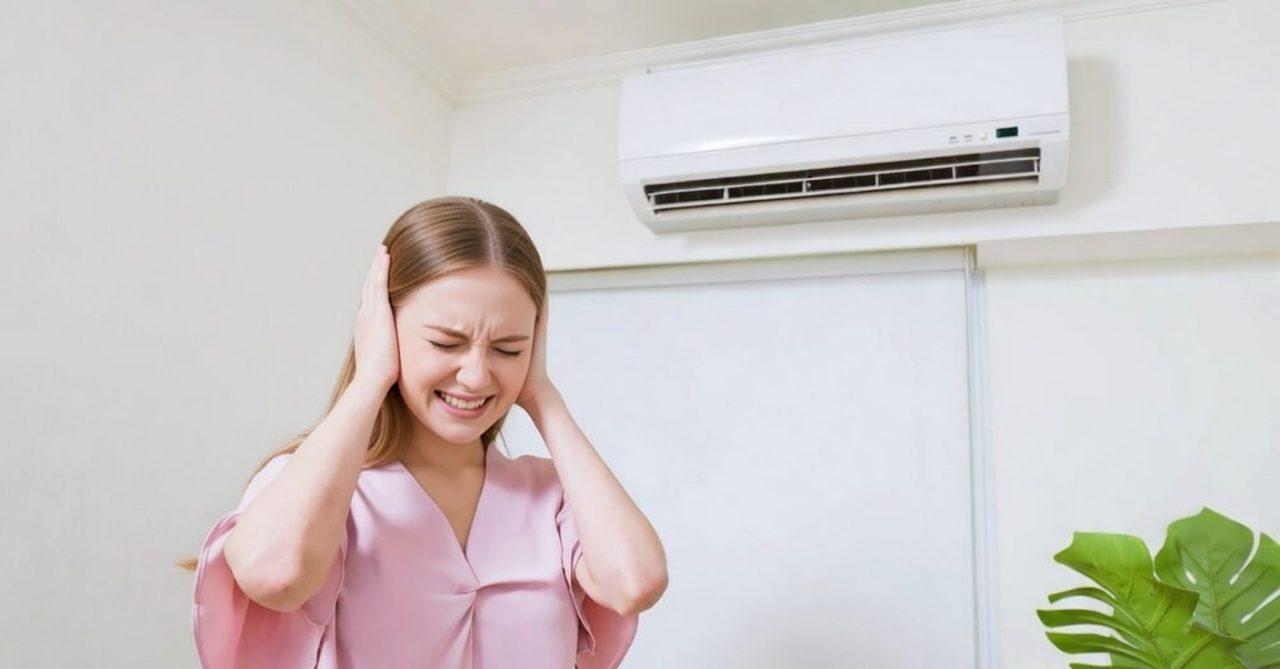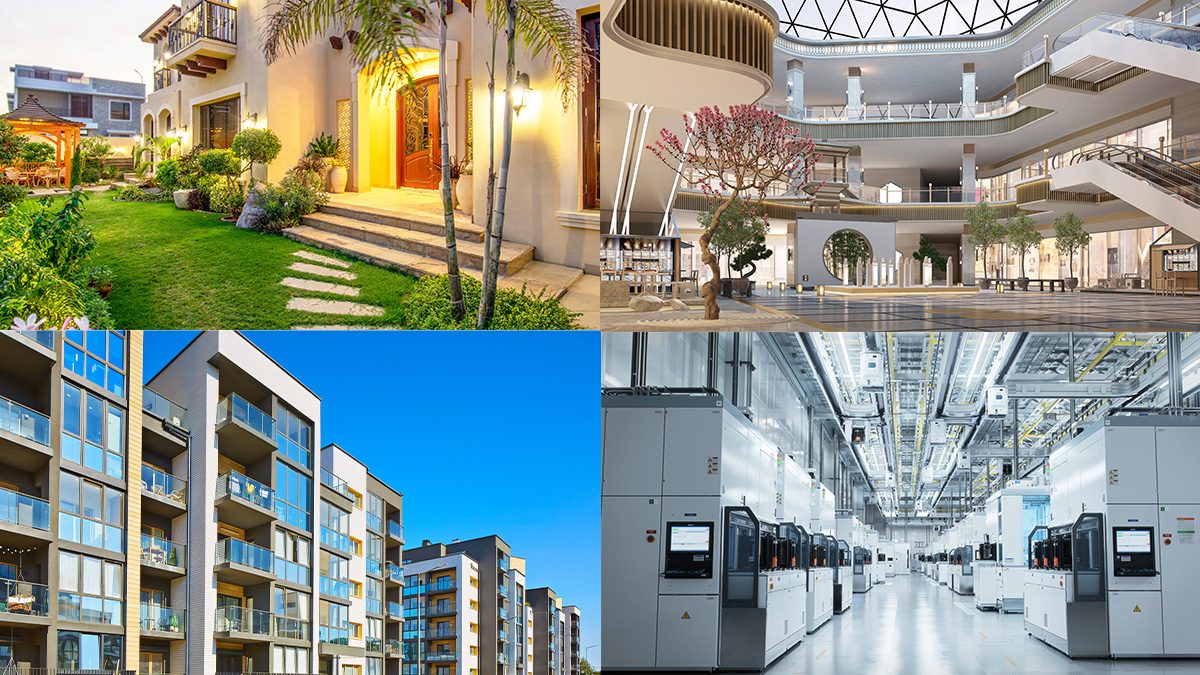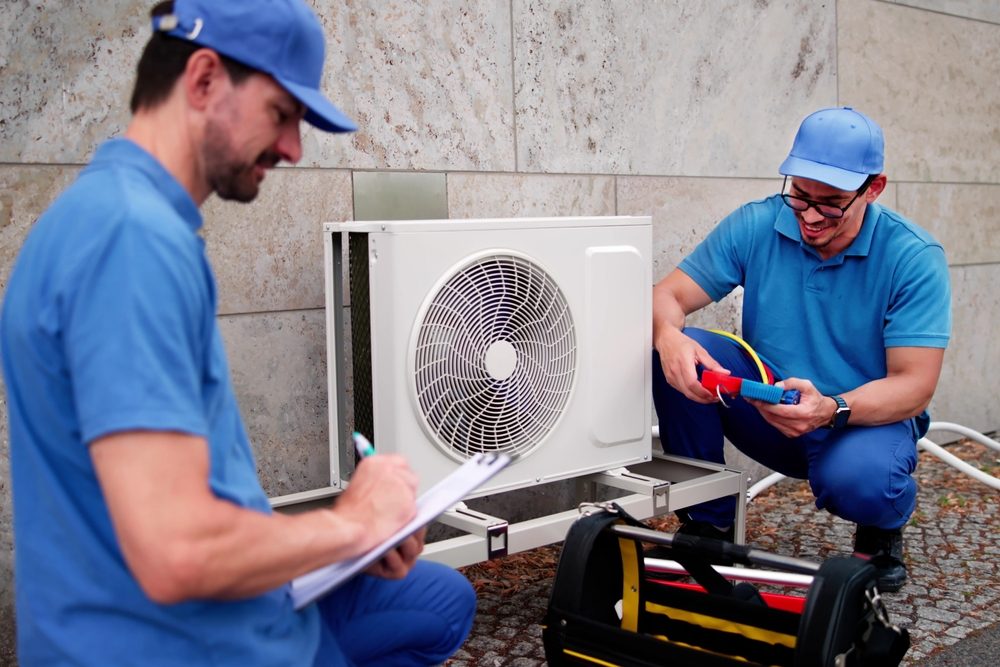
Thermostats are of central importance when it comes to HVAC units. If you want to stay comfortable in your home, you need to make sure you select the right one to guarantee comfort while also making the most out of your energy use. According to Grand View Horizon, the UAE thermostat market is expected to reach $211m by 2030, with smart thermostats making up a large portion of this market.
But how should you select the right one to ensure your HVAC system runs efficiently? At Daikin, we have over a century of experience in heating and cooling systems, and this article will address everything you need to know to pick the right thermostat for your space.
So let’s get started.
How to Choose the Right Thermostat for Your Home
When you’re choosing a thermostat the main factors to consider are home size, HVAC compatibility, and your personal preferences.
If you have a larger home then you may benefit from a smart thermostat that has zoning capabilities which allows different rooms (or even different floors) to be heated or cooled independently. This gives great flexibility and means you’re only paying for the spaces that need to be heated or cooled. However, if your space is smaller, then a simpler model may do the job just as well.
Of course it’s essential that you check that the thermostat you want matches your HVAC system and can be integrated into it with minimal fuss. This is why it’s important to speak to an expert to get advice before making the purchase.
It is also important to consider connectivity and the kind of setup you would like when it comes to a smart home. Smart thermostats are increasingly popular and offer a variety of features including control via Wi-Fi and integration with voice assistants, all of which gives you flexibility as well as insights into how much energy you are using so you can adjust accordingly. Alternatively, a traditional thermostat will still give you a degree of control (although a lot less than a smart thermostat) but without the need for apps or any kind of setup process.
Types of Thermostats Explained
Thermostats are usually one of four types: manual, programmable, smart, and Wi-Fi-enabled. Each has distinct advantages which we will look at now:
Manual Thermostats: These are fairly basic units that allow you to set a fixed temperature manually. On the plus side they are simple and reliable as well as being cost-effective. However, they do require adjustment on a daily basis and you can’t create a schedule or operate them using remote control.
Programmable Thermostats: These let you set schedules for different times of day which can be helpful in reducing energy usage when you’re away or asleep. But they do need some initial programming and some users may not find them that easy to use.
Smart Thermostats: Smart thermostats learn your routines then adapt to your habits. You can control them remotely via smartphone apps and they provide insights on how much energy you’re using and how you can best optimise HVAC efficiency. You can even integrate them with other smart home devices as part of your smart home setup.
Wi-Fi-Enabled Thermostats: These offer remote access as well as monitoring via the internet, but usually don’t have the same level of learning capabilities as smart models. These are ideal for users who want to control their thermostat from anywhere but don’t require the more advanced features that come with a smart thermostat.
To explore which thermostat type works best with your HVAC system, call Daikin today.
Factors to Consider Before Buying
Before you go out and buy a thermostat, consider whether your selection is compatible with your system, how much it costs, whether it will integrate with your smart home, and how easy it is to use.
System Compatibility: It’s really important that the thermostat you get supports your HVAC system type. If you purchase a thermostat that’s not compatible, it can lead to a number of issues with performance and a lack of efficiency.
Zoning: If your home is larger or you have multiple floors, then you might benefit from having a thermostat that has zoning capabilities so you can have independent temperature control in different areas.
Budget: The price of thermostats can vary a lot, from simple manual units to the premium-end smart thermostats. You need to balance upfront costs against potential long-term energy savings when you are deciding on your purchase.
Smart Home Integration: A lot of people have smart homes today, so it’s important that your thermostat can integrate with ease. Check if your selected model works seamlessly with systems like Alexa and Google.
Ease of Use: Make life easier and check if your thermostat is user-friendly. Even an advanced model should have an easy-to-use interface so you don’t have issues with programming and accidentally put in the wrong settings.
Benefits of Upgrading to a Smart Thermostat
Upgrading to a smart thermostat offers energy savings, convenience, and improved HVAC performance.
Smart thermostats are becoming so popular because they can learn your behaviour and automatically adjust temperature settings. You can also access it remotely through your smartphone or tablet. Because smart thermostats can monitor your energy usage and suggest efficiency improvements along the way, there is the potential over time to reduce energy bills. Generally, smart thermostats can integrate with other smart home devices, so you have greater overall control of your home.
FAQs About Choosing a Thermostat
How do I know if a thermostat is compatible with my HVAC system?
Check the thermostat’s specs against your system type. Your HVAC provider or the thermostat manufacturer can confirm compatibility. Talk to a professional at Daikin to ensure you choose the right model.
Are smart thermostats worth the extra cost?
Yes. While they are more expensive upfront, over time they can save on energy bills while also providing greater convenience and control.
Can I install a thermostat myself or should I hire a professional?
If you’re experienced in home DIY, then you can probably install a simple unit yourself. However, smart systems usually require professional installation.
What’s the best thermostat for older HVAC systems?
Older systems often work best with programmable or simple smart thermostats. A professional can advise on a tailored solution.
About Daikin
Daikin is a global leader in intelligent climate control, pioneering the design of energy-efficient thermostats and smart thermostats that deliver great comfort and performance. Every device reflects Daikin’s dedication to sustainability and ease-of-use, helping homeowners and businesses achieve ideal indoor temperatures while reducing energy consumption.
Built on over a century of excellence, Daikin’s smart control solutions integrate seamlessly with modern HVAC systems, offering real-time insights, remote access, and adaptive learning for maximum efficiency and comfort.
With a global team of more than 100,000 professionals, Daikin continues to set the standard for innovation in smart climate technology.



